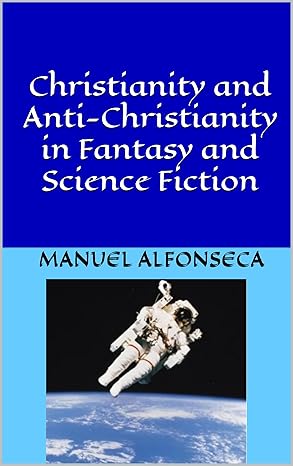The title of this post is similar to the title of a work by Charles Darwin, The descent of Man, his second most famous, although it can't be compared to his most famous work, The Origin of Species. But I’m not going to talk about Darwin or this book, as I dedicated another post to it before. I’m going to speak about a book with a similar title, Los Orígenes del Hombre (The Origins of Man) by Francisco de Paula Rodríguez Valls, with whom I’ve collaborated more than once and whom I’ve mentioned in another post in this blog.
In a similar way as my books The Fifth Level of Evolution and Evolución biológica y evolución cultural en la historia de la vida y del hombre, this book aims to show the uniqueness of man in relation to the other living beings. Its point of view is somewhat more philosophical than mine, but we agree on almost everything.



